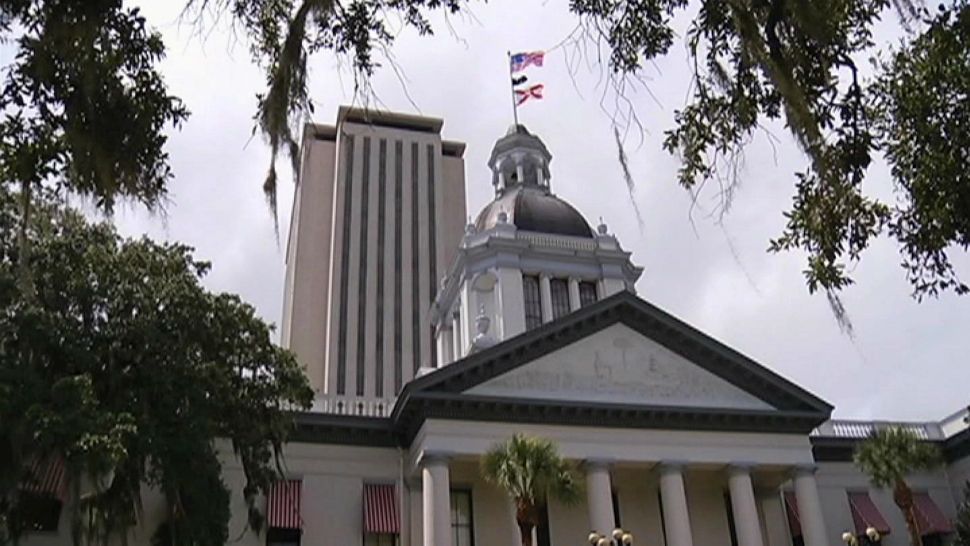TALLAHASSEE, Fla. -- Less than 12 hours before Monday's federal income tax return submission deadline, progressive activists gathered in the Florida Capitol to press the legislature to pass a state tax rebate that could benefit more than five million working-class Floridians.
- Activists push for tax break for the working class
- Tax break bill hasn't received hearing in FL House or Senate
- Proposed break would amount to rebate of state sales tax
The proposal (HB 1411/SB 1786) would require the Florida Department of Revenue to mail checks to Floridians who claimed the Earned Income Tax Credit on their federal tax returns. The state tax rebate would total 10 percent of the EITC value, which this year ranges from $3,373 to $6,269 for taxpayers with children who earn between $40,000 and $49,000 per year.
Supporters are billing the proposal as a measure of fairness for millions of hard-working Floridians who aren't eligible for the billions of dollars-worth of state tax breaks that benefit corporations and wealthy investors.
Because Florida doesn't have a state income tax, the proposed break would amount to a rebate of the state sales tax, which virtually everyone pays.
"Yes, we want to be a low tax state - that's why people come to Florida - but we shouldn't be a low benefits state, either," said Rep. Anna Eskamani, D, Orlando.
But with three weeks remaining in the 2019 legislative session, the state EITC proposal hasn't received a hearing in the House or Senate and will almost certainly die along with hundreds of other bills.
While supportive of the corporate tax cuts as economic drivers, the legislature's Republican majority has often said working-class Floridians already enjoy a tremendous benefit in the absence of a state income tax.
Supporters of the state EITC break plan to continue their advocacy efforts, however, if for no other reason than to shed light on what they say are gross inequities in one of the most "regressive" tax systems in the nation.
"It's unfortunate that the people way at the bottom are just not even being handed the bottom rung on the ladder. They want to work their way up themselves," said Miranda Day, an organizer from Gulfport.



